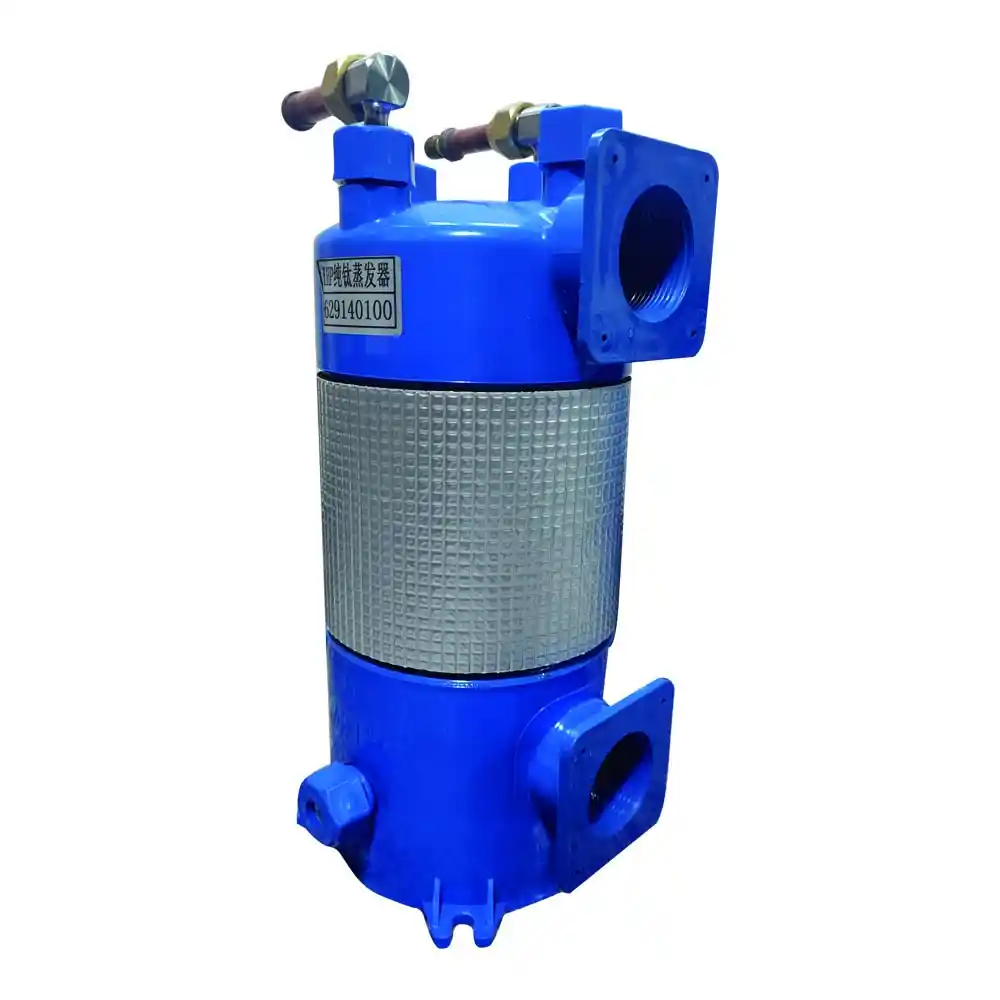1. Introduction
Cold storage facilities play a critical role in preserving the freshness and quality of perishable goods, such as fruits, vegetables, meats, and dairy products. Maintaining optimal temperature conditions within these facilities is essential to prevent spoilage and extend the shelf life of stored items. Titanium Coil Heat Exchangers offer advanced solutions for efficient cooling and temperature control in cold storage facilities, ensuring the integrity of stored products.
2. Importance of Temperature Control in Cold Storage Facilities
Temperature control is a fundamental aspect of cold storage facility operations. It directly impacts the quality, safety, and shelf life of stored goods. Proper cooling and temperature management help to slow down bacterial growth, enzymatic reactions, and chemical deterioration, preserving the nutritional value and organoleptic properties of perishable items.
3. Titanium Coil Heat Exchangers for Cold Storage Applications
Titanium Coil Heat Exchangers provide several advantages when used in cold storage facilities. Their unique characteristics and performance contribute to improved energy efficiency, corrosion resistance, and precise temperature control.
3.1 Enhanced Energy Efficiency
Efficient energy utilization is crucial in cold storage facilities, as they consume significant amounts of electricity for cooling purposes. Titanium Coil Heat Exchangers exhibit excellent heat transfer efficiency, enabling faster cooling and reducing energy consumption. The high thermal conductivity of titanium allows for optimal heat exchange, resulting in lower operating costs and enhanced energy savings.
3.2 Corrosion Resistance and Durability
Corrosion is a common challenge in cold storage environments due to the presence of moisture and low temperatures. Titanium, known for its exceptional corrosion resistance, is an ideal material for heat exchangers in cold storage facilities. It withstands the corrosive effects of humidity and chemical agents commonly used for cleaning and maintenance. By incorporating Titanium Coil Heat Exchangers, cold storage facilities can mitigate the risk of equipment degradation, ensuring long-lasting performance and durability.
3.3 Precise Temperature Control
Maintaining precise and consistent temperature levels is crucial in cold storage facilities to prevent product spoilage. Titanium Coil Heat Exchangers offer excellent thermal conductivity, enabling rapid and accurate heat transfer. This ensures the maintenance of stable temperatures throughout the storage space, optimizing the freshness and quality of the stored items.
4. Case Study: Comparative Analysis of Heat Exchanger Performance
To further highlight the benefits of Titanium Coil Heat Exchangers in cold storage applications, let’s examine a comparative analysis of different heat exchanger types commonly used in cold storage facilities. The table below presents a comparison based on key factors:
| Heat Exchanger Type | Energy Efficiency | Corrosion Resistance | Temperature Control |
|---|---|---|---|
| Titanium Coil | High | Excellent | Precise |
| Copper Tube | Moderate | Good | Moderate |
| Stainless Steel | Low | Good | Moderate |
| Aluminum Finned | Moderate | Poor | Moderate |
Based on the comparison, it is evident that Titanium Coil Heat Exchangers outperform other heat exchanger types in terms of energy efficiency, corrosion resistance, and precise temperature control. This reinforces their suitability for cold storage facility applications.
5. Conclusion
Titanium Coil Heat Exchangers offer significant advantages in cold storage facilities, contributing to efficient temperature control, energy savings, and product integrity. Their enhanced energy efficiency, corrosion resistance, and precise temperature control capabilities make them an excellent choice for preserving the freshness and quality of perishable goods.
By incorporating Titanium Coil Heat Exchangers in cold storage facilities, businesses can optimize their operations, reduce energy costs, and ensure the longevity of their equipment. The utilization of advanced heat transfer technology in cold storage environments plays a crucial role in supporting the global food supply chain and promoting sustainable practices in the industry.
Remember to replace the placeholder text with detailed content, and feel free to make further modifications as needed.


